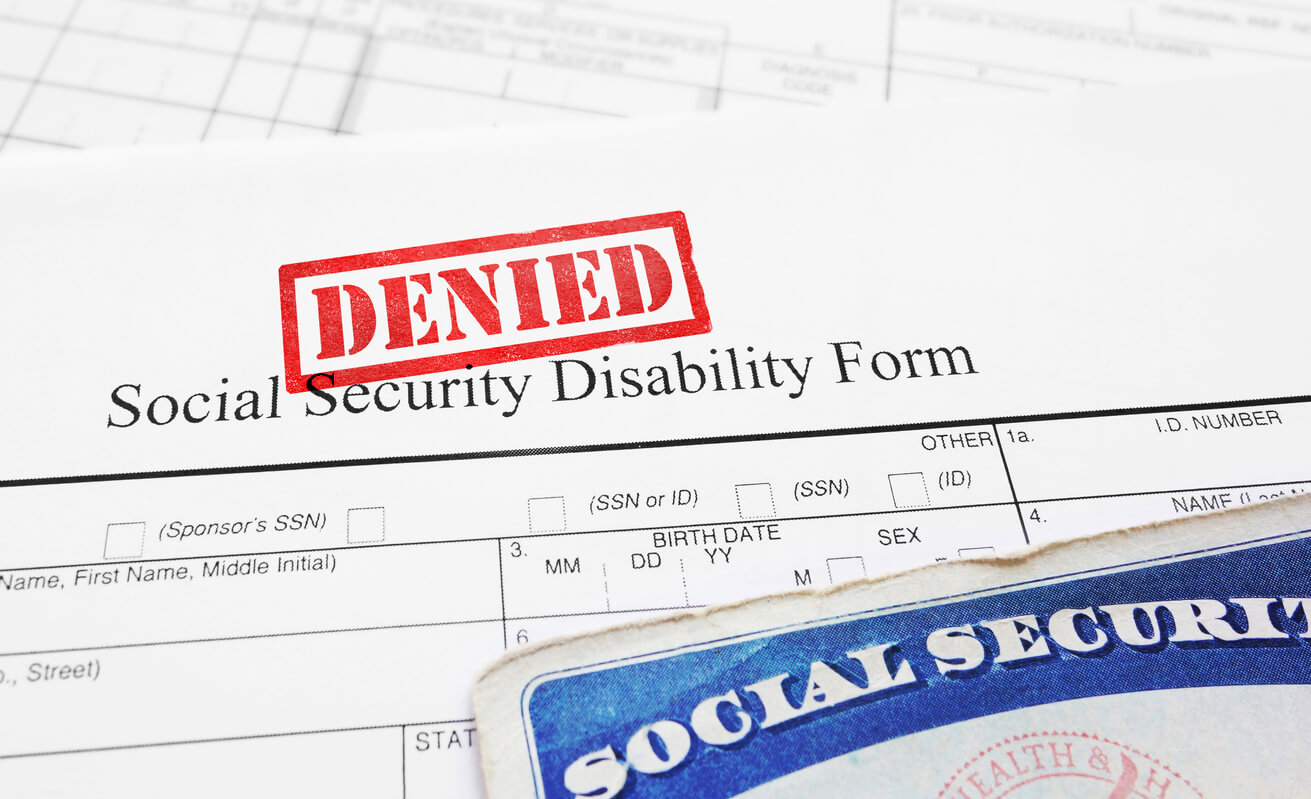The Social Security Administration administers both the Social Security and Supplemental Security Income programs in order to provide financial assistance to individuals with disabilities. Many come to rely on these benefits as their disability prevents them from retaining gainful employment. The application process for these programs can, however, be difficult to navigate. There are many moving parts. One such part is the interview.
When a person files an application for either Social Security disability or SSI disability benefits, the local Social Security Office will set up an interview at a future date. This interview may be scheduled to be in person at the Social Security office. In the alternative, the interview may be scheduled as a phone interview. Here, we will go into more detail about the interview and what questions you may be expected to answer at the interview.
What Questions Are Asked in a Social Security Disability Interview?
To get a better understanding of what to expect at a Social Security disability interview, it can be a good place to start by thinking about why the interview occurs in the first place. You see, the interview essentially acts as another level in the fact-finding process regarding your disability benefits application. The SSA is attempting to gain a better understanding of the nature of your disability and its impacts on your life and financial health in order to render a decision on your claim. It is important to note, however, that a decision on your claim will not be rendered at the actual interview.
When you go to your Social Security disability interview, the interview will be conducted by a claims representative who will ask you a number of questions. In all, the interview can take upwards of one hour to complete. The length of the interview will, however, vary depending on a number of factors. To help speed the interview process along, it helps to prepare as much as you can in advance which involves gathering documents and information regarding your employment and medical histories.
Some of the questions you can expect to be asked at your interview will relate to your employment history. You may be asked where you have worked in the past 15 years. The interviewer may also ask you about your job duties for your past jobs. There will also, of course, be questions pertaining to your medical history. The interview may ask about:
- The nature of your medical condition(s)
- The names and contact information for doctors you have seen
- The medical treatment you have received for your disabling medical condition in the past year
- The medication you are currently taking for your medical condition(s) as well as the dosage and the prescribing doctor
Questions about information beyond your employment and medical histories will also be asked. The interviewer will likely inquire as to your marital status as well as the number of children you have if any. You will also be asked whether you have ever served in the military and if you are currently receiving, or have ever received, workers’ compensation benefits for your disabling medical condition.
Should you be applying for Supplemental Security Income, there may be additional questioning that will occur at your interview. Supplemental Security Income benefits are intended for those disabled individuals with low income and resources who may not have paid enough into Social Security in order to be covered. Questions asked of these applicants may include who they are currently living with and what household expenses are incurred each month such as rent and utility payments. Applicants will also be asked about any sources of income, such as retirement benefits and any investments, as well as assets they own.
Disability Attorney
Navigating the Social Security disability process can be important, but difficult. Roeschke Law is here for you. Contact us today.









